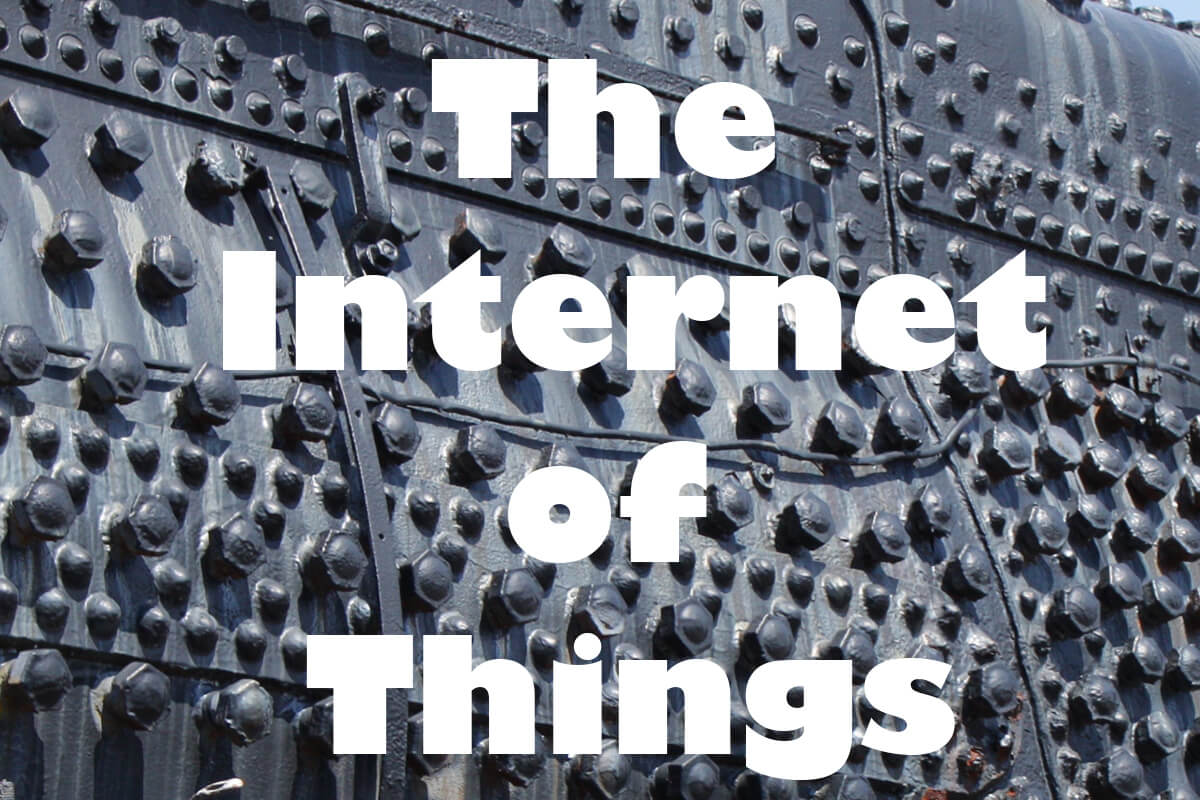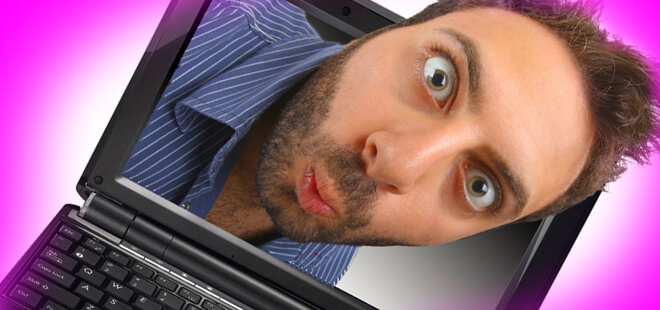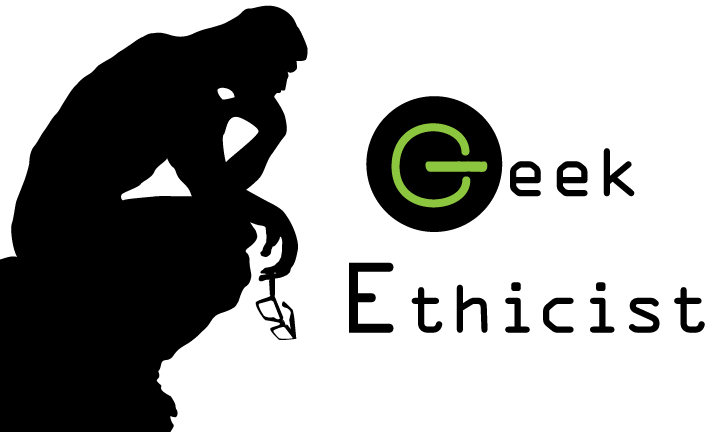The Internet of Things: 5 Reasons It Matters
Hold up–what is the Internet of Things (IoT)? Let’s break it down, for those slightly less tech-savvy: “it’s socialization of everything, from simple everyday devices to industrial devices,” explains Internet of Things Council member, Michael Koster. Wikipedia further defines the Internet of Things as “uniquely identifiable objects and their virtual representations in an Internet-like structure.” Techopedia puts it in perspective like this: “the first version of the Internet was about data created by people, while the next version is about data created by things.” The Internet of Things is this new interconnected web of “smart” objects/animals/people that are one big information system, with the Internet as their means of connection.
That’s all great, but why does the Internet of Things matter? Does it matter?
Five good reasons why the Internet of Things (IoT) matters:
1.) The IoT can (and will) rule your world.
From home security, to remote starters and temperature control, the Internet of Things is not coming to a device near you, it’s coming to all the devices near you. Soon you will be able to use your phone (or the equivalent) to control just about every programmable device you own: thermostat, scale, refrigerator, car, lightbulb, garage door, coffee maker, stove, sink, stereo, shower… You’ll be able to control your entire external world with the flick of a finger and view that world from afar through the tiny screen you carry in your pocket.
RELATED: The Ultimate Control Panel Software – Supreme Control Panel
2.) “The Internet of Things is People, Innovating.”
We’re not just talking smart lamps, but smart lamp-posts, smart mail boxes. The search for new frontiers has existed since we realized there were frontiers: technology may be the Last New Frontier and presents amazing opportunities for entrepreneurs, inventors, innovators and the insatiably curious. “It’s for the people,” Koster tells us.
** 3.) The IoT is creating smarter things.**
Smarter things with “tiny electronic brains” that will soon be able to think for us–better still–think for themselves. Lights will turn on when we come into the room and turn out when we leave it; devices will make our breakfast and ensure our coffee is ready just before we walk out the door. Temperature will be adjusted when we leave the house and just before we enter it. Much of this happens already for the technologically advanced and fiscally able, but innovation like this will soon be every day, in every house.
RELATED: 3 Steps to Cloud SLA: #1 Availability
** 4.) It’s inevitable.**
The IoT cannot be stopped (despite views to the contrary). Rob Van Kranenburg, author of the book The Internet of Things, gives a timeline and a convincing argument for its inevitability. Basically, the IoT has hit a sweet spot in history where our ability to create technology is almost perfectly paired with our insatiable desire to connect: with each other, with our devices, and with the services we now require to make our lives work.
5.) It’s the Next Big Thing.
Don’t believe me? Google it. Every tech company is talking about it, Kickstarter is funding a myriad of projects for it and, whether we know it or not, we have all made a market for it by our unabashed demand for its products. Apple iPhone 5s anyone?
RELATED: Geek Ethicist: Apples and Classes
“Already we’re seeing a groundswell of new products that insinuate themselves seamlessly into users’ lives. These include personal sensors like Jawbone’s Up, the voice- and gesture-controlled Xbox One, hyper-intelligent apps like Highlight that alert you to interesting people in your immediate vicinity, and Automatic, a gadget that communicates with your smartphone to tell you when you are driving inefficiently. But this is just the beginning.” Here are the boring facts…and if you still don’t believe it, try living without your smart phone, tablet, computer, DVR and Keurig for a few days.
********
Emily Cantin researched, co-authored and created original artwork for this article.




